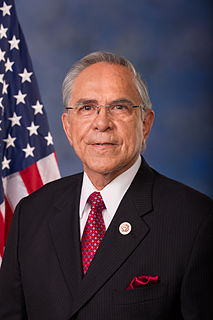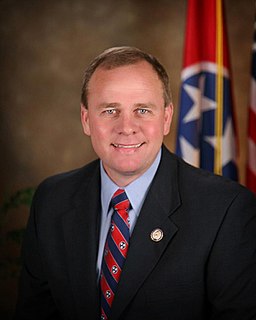A Quote by Paul Polman
If we tackle deforestation in the right way, the benefits will be far-reaching - greater food security, improved livelihoods for millions of small farmers and indigenous people, more prosperous rural economies, and above all, a more stable climate.
Related Quotes
SNAP benefits help local economies because the benefits are spent at local grocery stores - with locally grown and locally-made products. I remember many years ago, while on food stamps, I advocated for the benefits to be spent at local farmers markets - a move that has helped local economies even more.
I believe that the world will be a safer place if there is enough food to go around, that it will be a more stable place if children grow up with opportunities instead of frustrations. Furthermore, I can only assume that if the United States plays a role in helping to create prosperous societies, we will have friends to call on in times of need.
Anything greater than 350 of parts of carbon dioxide per million is more than the planet can safely deal with. It is what's overwhelming our climate system. Because we've been going up about three parts per million per year. And eventually, we will always be above 410, and then above 420, and above 430. We just keep pouring more carbon into the atmosphere.
To put it bluntly, we now need to reverse course. We need more highly skilled small farmers in more places all across America - not as a matter of nostalgia for the agrarian past but as a matter of national security. For nations that lose the ability to substantially feed themselves will find themselves as gravely compromised in their international dealings as nations that depend on foreign sources of oil presently do. But while there are alternatives to oil, there are no alternatives to food.
































